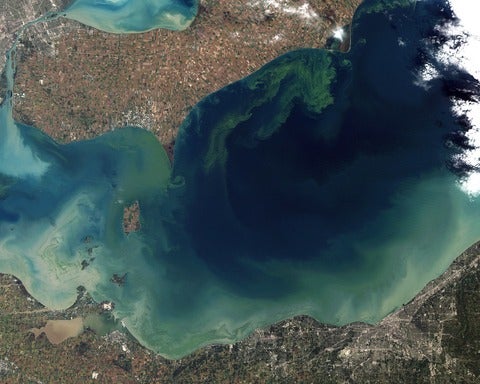In the media: Climate change and pollution has forced researchers to look at how Ontario's economy would survive if there was a disruption of water supply from the Great Lakes
The Great Lakes seem so abundant. The five lakes that surround our province account for 20 per cent of the world's fresh water and they also help keep our economy running --- from providing power to watering crops. So, what would happen if there was a disruption in that supply? Where would the limited resources go to keep out economy going? Chris dela Torre from CBC Radio spoke to Roy Brouwer, the Executive Director of the Water Institute at the University of Waterloo, to help answer these questions.






 Water Institute member
Water Institute member 
